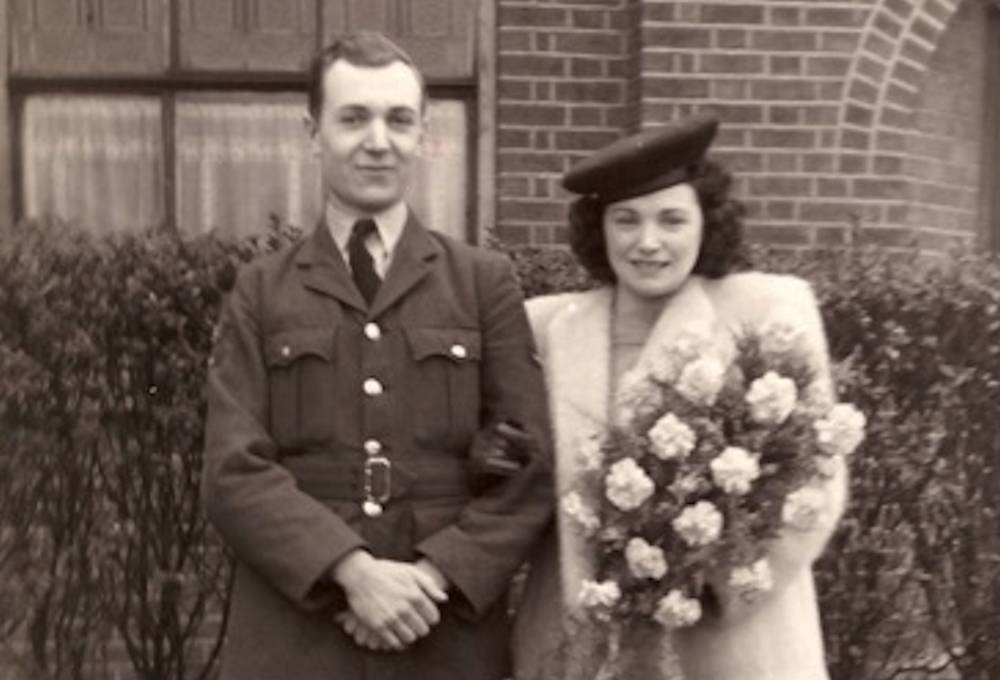Ms Felicity Hall

Contact
- Email: k1903297@kingston.ac.uk
- Location: Kingston School of Art, Knights Park
- Faculty: Kingston School of Art
- School: School of Creative and Cultural Industries
- Department: Department of Critical and Historical Studies
Research project: The professionalisation of floral design in Britain 1935 to 1960
Abstract
While there has been some examination of the cultural use of cut flowers, and the trade networks and relationships within the contemporary cut flower trade from harvest to vase, there has been no in-depth research undertaken on the development of commercial or amateur floral design.
This project will examine the process of professionalisation within floral design particularly in London from 1935 to 1960 within the changing contexts of war and peacetime economies, technological developments, and changes in employment and education. The research will explore the relationship between the commercial and the amateur, the gendering of floral design, and how these areas were enacted through the material culture of the field.
The period includes the development of competing florists' delivery networks, the emergence of the first female florist to be a household name, the establishment of formal floristry qualifications, the implications of war on floristry personnel and supply chains, post war innovations in the material culture of floristry and the development of formally regulated recreational flower arranging clubs.
Using the primary sources of trade publications, photographs, instruction manuals and novels, organisational archives, and my own knowledge of floristry practice, this research project seeks to show the importance of this overlooked field in terms of design history.
- Research degree: PhD
- Title of project: The professionalisation of floral design in Britain 1935 to 1960
- Research supervisor: Professor Penny Sparke
- Other research supervisor: Dr Fiona Fisher
Biography
Following a career in arts management working with artists, circus companies, live art practitioners, local authorities and funders, I graduated from the History of Design MA at the V&A and RCA in 2016 where my dissertation was on the material culture and embodied skill of the contemporary florist, and their role within the consumption processes of weddings and funerals.
Areas of research interest
- Design history
- Floristry, floral design, organic ephermera, and associated material cultures.
- Gender and class
- Professional and amateur craft
- London
- Food History
Qualifications
- MA History of Design V&A/RCA, London
- Level 2 BTEC First Diploma Floristry, Southwark College, London
- Postgraduate diploma in Arts Administration City University, London
- BA (Hons) English Literature, Polytechnic of North London
Funding or awards received
- TECHNE - AHRC Doctoral Training Partnership
Publications
- "Florists are not like motor cars – you cannot mass produce them": pre-war developments in the training of British florists' post written for the Centre for the History of Retailing and Distribution (CHORD) blog https://retailhistory.wordpress.com/2022/06/21/florists/#_edn6
- 'Floristry in 1930s Britain', blog post written for the Garden Museum's exhibition CONSTANCE SPRY AND THE FASHION FOR FLOWERs. https://gardenmuseum.org.uk/floristry-in-1930s-britain/
- 'Journal of a Floristry Historian', World of Interiors, May 2016, p.264
Conference papers
‘Florists are not like motor cars – you cannot mass produce them': the development of formal training for commercial florists in Britain in the mid twentieth century. Online Seminar for The Centre for the History of Retailing and Distribution (CHORD), 22 March 2022
'The church flower rota: so who is doing the flowers', Academic Archers, Sheffield 2019
'Nature and British contemporary floristry', Social History Conference, Keele 2018
'The Nature of Floristry', Design History Society Conference, Oslo 2017
''The material culture of contemporary floristry', Material Culture: How Things Make People conference, Research Centre of the Slovenian Academy of Sciences and Arts, Ljublana 2017
